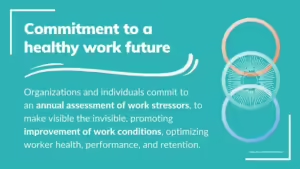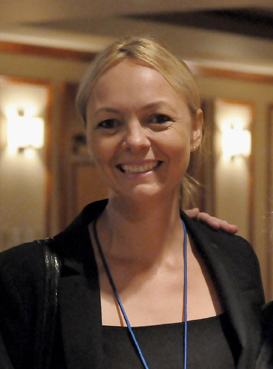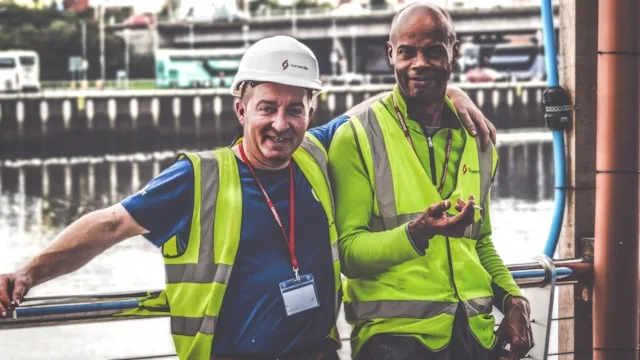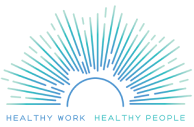
A rising tide of uncertainty is sweeping through today’s workforce. From government shutdowns to layoffs and hiring freezes, many employees are living with the constant question: What happens next? According to Pouran D. Faghri, MD. MS, FACSM, in her recent article in Substack: this is more than an economic concern—it’s a growing public health crisis. https://drpouranfaghri.substack.com/p/in-times-of-uncertainty-healthy-work
Chronic job stress—especially when paired with low control, high demands, and job insecurity—can have serious long-term effects on both physical and mental well-being. Workers facing constant instability experience burnout, anxiety, and even increased risk of chronic illness. But workplaces suffer too: morale drops, creativity stalls, and trust erodes, sometimes for years.
True workplace well-being, the article emphasizes, requires more than surface-level perks. It demands systemic change—fair workloads, supportive leadership, open communication, and environments where employees feel respected and involved.
This is where the Campanha Trabalho Saudável plays a vital role. Through its scientifically validated Pesquisa de Trabalho Saudável, soon available in Spanish, workers can assess factors like workload, fairness, autonomy, and social support. The survey generates a confidential personal report and contributes to national data that helps push for healthier, more equitable workplaces across the country.
The message is simple but urgent: we can’t fix what we don’t measure. Every worker who participates adds to the growing understanding of how job conditions impact health, and helps create a future where work supports, rather than harms, our well-being.
Work shouldn’t make us sick. It should offer stability, purpose, and the foundation to thrive—even in uncertain times.






